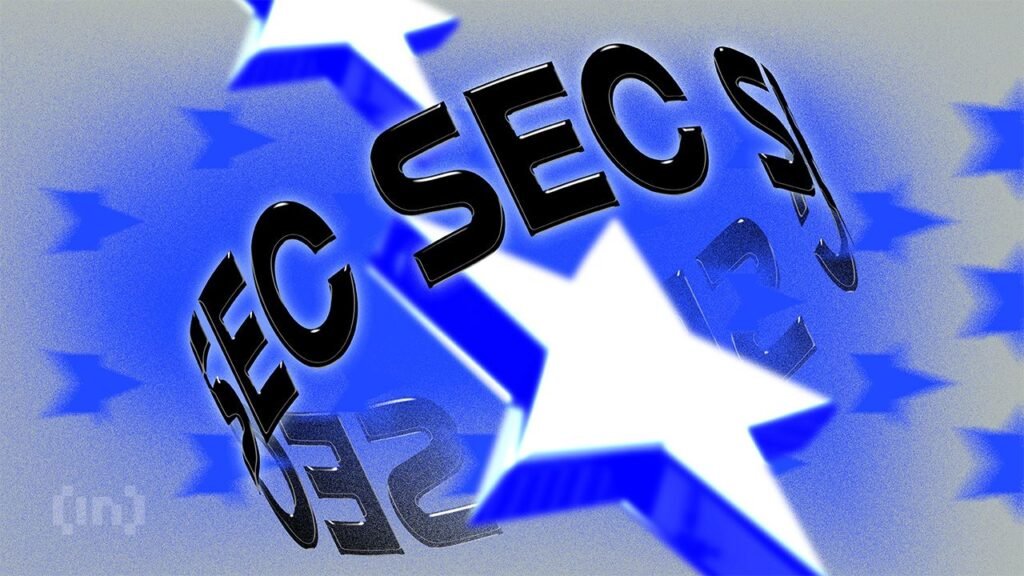
Mark Uyeda, the reigning President of the Securities and Stock Exchange Commission (SEC) of the United States, encouraged the participants of the crypto industry to express their opinion on the proposed framework. The aim of this initiative is to relieve the regulatory pressure to trade digital assets.
During the round table of the Krypto working group Dry 11. April Uyeda emphasized the growing gap between current regulations and the reality of blockchain innovation.
Dry assumes a federal licensing model that simplifies a cryptological match
Uyeda compared the development of crypto markets with the beginnings of trading titles in the United States, which began under a flat tree in New York.
He claimed that the first brokers created rules adapted to the needs of their time. Similarly, modern regulatory authorities must now consider framework that are in line with a different structure of cryptological platforms.
Unlike traditional scholarships, crypto trading systems often combine care, implementation and regulation on one platform. Blockchain technology allows this integration.
Uyeda stressed that this configuration can improve the transparency, efficiency and speed of transactions. He also emphasized benefits such as 24/7 trading through intelligent contracts and simplified guarantee management thanks to tokenization.
“Blockchain technology offers the possibility of carrying out and modifying securities more potentially and more reliable than current processes,” Uyeda said.
However, Uyeda realized that the architects of US securities laws never expected blockchain technology or decentralized systems. As a result, compliance with regulations have appeared, as many tokenized titles remain unregistered and unfit for national scholarships.
In addition, it is also difficult to use existing rules, such as the rule of command protection, in the field of hybrid trading, where assets orbit between on-rings and outside the chain systems.
Uyeda also criticized the current patch of state licensing requirements, creating obstacles to crypto companies trying to operate at national level.
To fill in these shortcomings, Uyeda proposed a framework of a conditional deviation that could support the experiment while maintaining investors’ protection. He also suggested that the unified federal licensing model under the auspices of Dry could simplify compliance and improve the consistency of the market.
“As part of the dormant federal regulatory framework, some market participants would probably rather offer trading with tokenized titles and crypto assets that are not considered to be titles according to a single dry license rather than offering only crypto assets that are not considered under fifty different state licenses,” Uyeda said.
However, he invited experts in the field to recommend specific areas where such a deviation would unlock practical cases of use without jeopardizing the integrity of the market.
Uyeda notes report a growing awareness of drought that must develop digital assets. Although long -term reform can take time, the proposed framework could create space for innovations without endangering market guarantees.
Notification of irresponsibility
Notice of non -response: In accordance with the TRUST project, Beincrypto undertakes to provide impartial and transparent information. The aim of this article is to provide accurate and relevant information. However, we invite readers to verify their own facts and consult a professional before it decides on the basis of this content.


